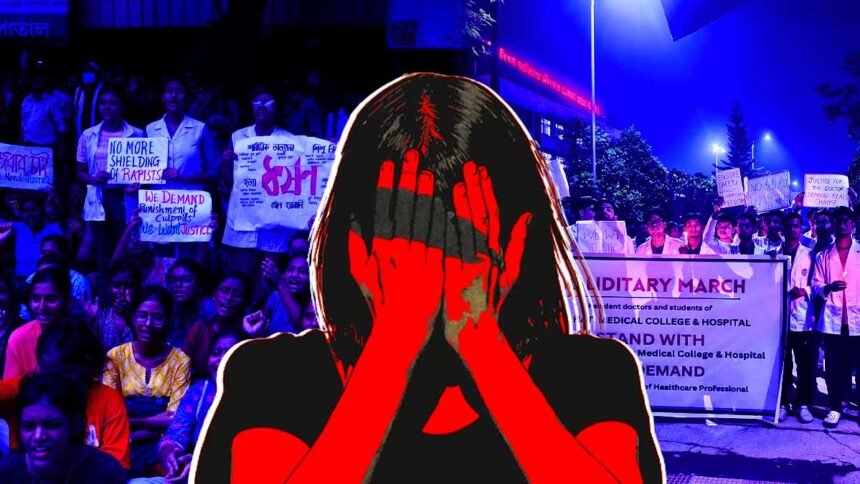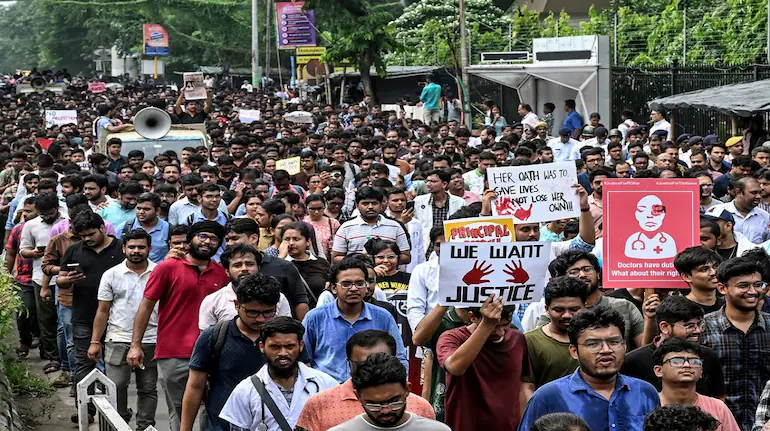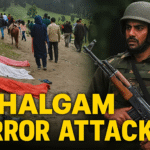The wheels of justice can sometimes grind slower than expected, and in a high-stakes case like the Kolkata rape, time is of the essence. A recent court hearing regarding the bail plea of Sanjay Roy, the prime suspect in the infamous RG Kar Hospital case, took a sharp turn when a CBI lawyer arrived late, sparking frustration in the courtroom. This delay has once again brought to light the delicate balance between the right to a fair trial and the efficiency of judicial processes. Let’s break down the events, the arguments presented, and what this means for the case moving forward.
1. The Delayed Hearing: A 50-Minute Wait
Courtrooms are places where every minute counts, and on this particular Friday, the clock was ticking with no sign of the CBI lawyer. The bail application hearing for Sanjay Roy was set to procee, but the Central Bureau of Investigation (CBI) lawyer fail to appear on time, leaving the magistrate and the defense in a state of impatience.
At around 4:10 PM, the courtroom was inform that the public prosecutor would be delay, prompting the magistrate, Pamela Gupta, to express her frustration. “If the lawyer is not present, he (Roy) should be grant bail,” Gupta remarked, making it clear that the justice system cannot be held up indefinitely. It was not until 5:00 PM that the CBI’s full-time lawyer, Poria, finally entered the courtroom.
2. Defense’s Push for Bail
Kavita Sarkar, the defense lawyer representing Sanjay Roy, seized the opportunity during the lawyer’s absence to argue her case. Sarkar emphasized that Roy had no prior criminal record and that no significant evidence had presented by the prosecution. Additionally, she accused the CBI of being “reluctant” and “lethargic” in their approach to the case, pointing out that despite being the primary investigative body, the CBI had yet to disclose any damning evidence.
Given the lack of criminal history and the absence of concrete evidence, Sarkar strongly argued that Roy should be granted bail. The defense’s stance was clear: Roy deserve to be release, at least until further evidence could be brought forward by the prosecution.
3. CBI’s Response to the Bail Plea
After finally arriving in court, CBI lawyer Poria wasted no time in opposing the bail plea. Without offering much detail, he simply informed the court that the agency was against granting bail to Sanjay Roy. Poria did not provide a reason for the delay, nor did he offer any updates on the progress of the case or present new evidence.
Despite the defense’s efforts, Magistrate Gupta decided to remand Sanjay Roy in judicial custody until September 20, leaving both the defense and the public waiting for the next step in the legal process.
4. The Background: A Tragic Crime
The case centers around the murder of a 31-year-old junior doctor at RG Kar Medical College and Hospital in Kolkata. The incident, which occurred on August 9, shocked the nation and raised significant concerns about the safety of women in the medical field.
Sanjay Roy, who was once a civilian traffic police volunteer, has been the primary suspect in the case. The investigation, now being led by the CBI after being transferred from the local police by the Calcutta High Court, has ongoing. The court handed over the probe to ensure a thorough and unbiased investigation.
5. Questions of Evidence: What’s Missing?
One of the most concerning aspects of this case is the lack of clear evidence. The defense has been vocal about the CBI’s slow pace and reluctance to present any substantial findings. As of now, Roy remains the only suspect in the case, but many—including the victim’s family—believe that more than one person was involve in the crime.
In fact, the initial FIR filed by the victim’s family suggested the possibility of a gang rape, but CBI’s remand note does not mention this detail, leading to further speculation about the thoroughness of the investigation.
6. DNA Testing and Delays
A key part of the investigation revolves around DNA testing, which could potentially confirm whether Sanjay Roy is guilty of the crime. The DNA samples, collected by the local police before the CBI took over, have sent to AIIMS Delhi for analysis. However, as of now, no conclusions have drawn.
The fact that the victim was cremat before the CBI took over the case has added another layer of complexity. With limited physical evidence to work with, the CBI is left depen on what the local police initially collect, which could potentially hinder the investigate.
7. Defense Claims: Roy’s Clean Record
One of the strongest arguments in favor of Sanjay Roy’s bail is his clean criminal record. His defense attorney, Kavita Sarkar, has repeatedly highlight that Roy has never been involve in any previous criminal activity, which makes it unlikely that he would commit such a heinous crime.
This claim has been central to the defense’s argument that Roy should be grant bail, as the prosecution has failed to provide any convincing evidence linking him to the crime, despite months of investigation.
8. Public Outcry and Pressure
The case has drawn significant public attention, with many calling for justice for the victim. The pressure on the CBI to deliver results has been immense, but the lack of tangible progress has only fueled frustration among the public and the victim’s family.
The incident has also raised larger questions about women’s safety in the workplace, especially in high-pressure environments like hospitals. Many have called for more stringent measures to protect women in these settings and prevent future tragedies.
9. CBI’s Struggle to Build a Case
While the CBI has questioned over 100 individuals and conducted numerous tests, including two on Sandip Ghosh, the arrested former principal of RG Kar Medical College, they have yet to present any substantial evidence in court.
The agency’s struggle to build a strong case against Roy has only added to the defense’s argument that he should be grant bail. With no new developments and no DNA results yet, it remains unclear when or if the CBI will be able to present a solid case.
10. The Road Ahead
As the case continues, the next few weeks will be crucial in determining the direction of the investigation. Magistrate Gupta’s decision to remand Roy until September 20 gives the CBI additional time to gather evidence and present their findings. However, if they fail to do so, the pressure to release Roy on bail will only increase.
For now, the public and the legal system are left in a state of uncertainty, waiting for the truth to emerge.
Read More: Top Social Media Platforms: Which Ones Are Leading the Digital World?
Conclusion
The Kolkata rape case has become a high-profile example of the complexities of India’s legal system, where justice can sometimes feel frustratingly slow. With a delayed hearing, limited evidence, and significant public pressure, all eyes are on the CBI and how they will proceed with the investigation. The stakes are high, not only for Sanjay Roy but also for the victim’s family and the public’s faith in the justice system. The coming weeks will be crucial in determine whether justice is serve and whether Sanjay Roy’s fate will be determine by solid evidence or the lack thereof.









